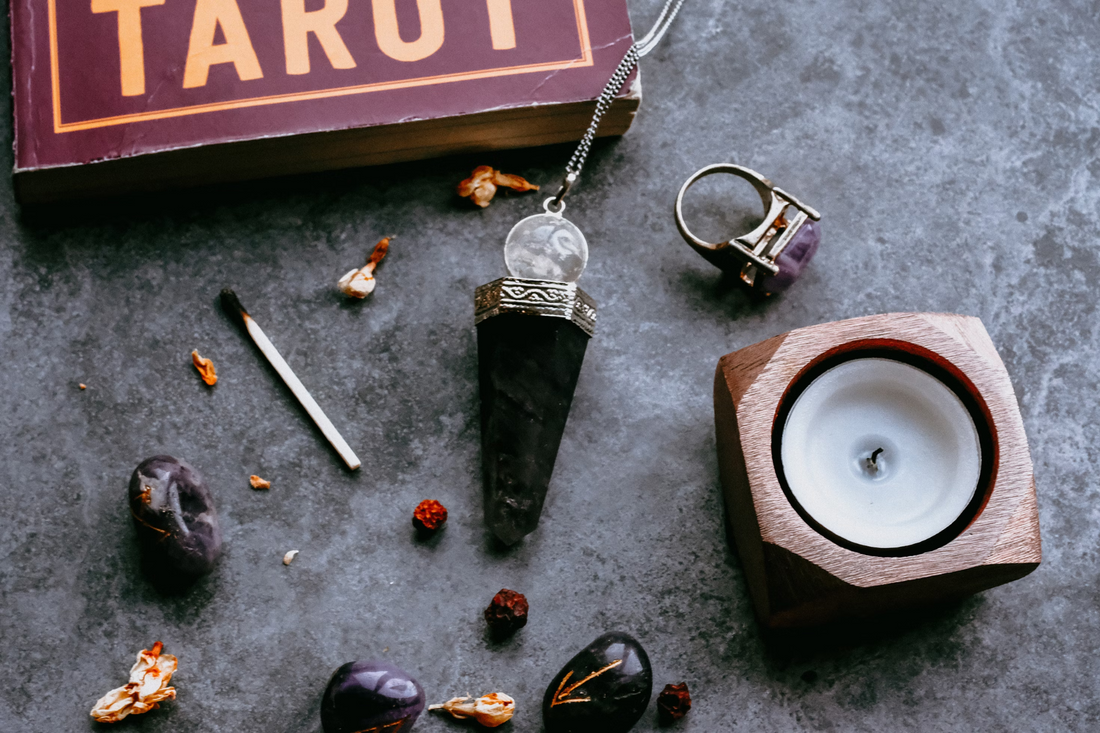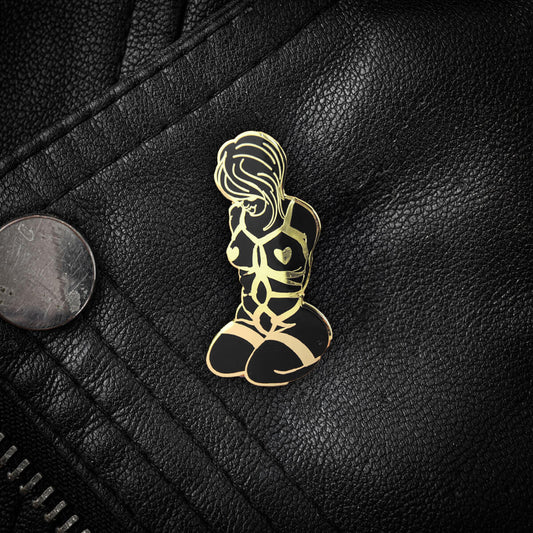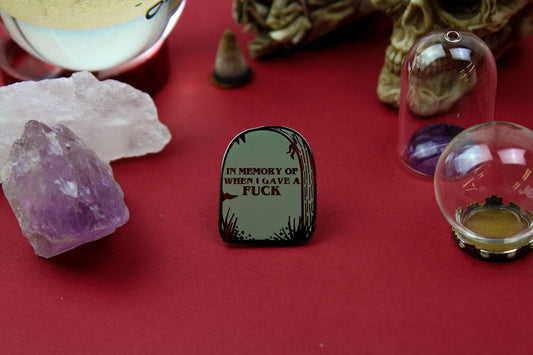
What is Magick?
Share
In this article, we’re going to have a deep look into the world of magick. Often spelled with a 'k' to distinguish it from mere illusionary performances, magick transcends conventional boundaries, serving as a conduit between the material and the metaphysical. This ancient practice, rooted in symbolism, ritual, and the manipulation of energies, has woven its threads through the tapestry of human history. From the esoteric musings of figures like Éliphas Lévi in the 1800s to the provocative doctrines of Aleister Crowley's Thelema, magick has manifested in various forms, adapting to the evolving spiritual landscape.
We’ll look at intricacies of ceremonial magic, explore the tenets of Thelema, and witness the contemporary resurgence fueled by movements like Wicca on platforms such as TikTok, as we try to unravel the rich tapestry of magick's evolution. Beyond the boundaries of mainstream understanding, magick beckons the curious to unlock its transformative potential. Join us as we peel back the layers of secrecy, demystify the rituals, and seek to understand the impact magick has had on spirituality, culture, and the human psyche throughout the ages.
What Is Magick and Why Is It Spelled Like That?
Magick, often referred to as ceremonial magic or high magic, constitutes a profound ritualisation of spiritual intentions. It encompasses a focused and intentional practice, aiming to tap into the hidden forces of the universe.
The term itself carries an intriguing history. As we mentioned, it is spelled with a 'k' (magick), which harkens back to the Renaissance era, signifying a deliberate departure from conventional spellings. This archaic orthography was revived by Aleister Crowley, a prominent figure in occultism, to distinguish esoteric, transformative magic from the entertainment-based sleights of hand seen in stage performances.

How Does Magick Differ from Stage Magic?
Magick is about understanding the hidden forces in the universe. According to Aleister Crowley, it is "the Science and Art of causing Change to occur in conformity with Will". This definition incorporates not only everyday acts of will, but also ritual magic.
Distinct from stage magic, which is designed for public entertainment, magick is deeply personal and often conducted in private settings. Its purpose is to lead individuals towards a genuine comprehension of themselves and enable them to act in alignment with their true will.
For Crowley, this alignment represents the harmonious balance between freewill and destiny, emphasising that magick serves a deeper purpose than mere spectacle or illusion.
What Are the Theories Behind Magick?
The theories underpinning Magick are as diverse as its practitioners. One fundamental concept is the Law of Correspondences, which posits that symbols, actions, and phenomena in the material world correspond to spiritual truths. Another is the Doctrine of Signatures, suggesting that the appearance of an object holds clues to its purpose or use. Additionally, the concept of sympathetic magic proposes that like produces like, and that things once in contact continue to interact.
These theories collectively form a framework through which occultists channel their intentions and energies, in order to try and influence the world around them. Keep in mind, these theories are rooted in esoteric philosophies and do not align with conventional scientific understanding. Nevertheless, they’re an extremely interesting set of beliefs and practices for those engaging with the occult to learn about and explore.
What Types of Magick Are There?
Magick encompasses a diverse range of practices, each tailored to the unique preferences and goals of practitioners:
- Ceremonial Magick involves elaborate rituals, often drawing on ancient traditions, to evoke specific energies or entities.
- Chaos Magick embraces a more flexible approach, utilising belief as a tool to manifest intentions.
- Folk Magick taps into regional traditions and folklore, utilising charms, herbs, and rituals passed down through generations.
- Hoodoo, a blend of African and European folk traditions, focuses on practical spells and rootwork.
- Similarly, Wicca employs rituals, spells, and the worship of deities to effect change.
- Kitchen Witchery infuses everyday tasks with intention, while Green Magick harnesses the energies of plants and nature.
These are just a few examples, and many practitioners create their own unique blend of techniques. Ultimately, Magick is a deeply personal and individualised practice, shaped by the beliefs, intentions, and preferences of each practitioner.

How Is Magick Practised?
Magick is practised through a series of deliberate and focused techniques:
- Vibration of god-names involves the vocalisation of sacred names or sounds to invoke specific energies.
- Banishing aims to clear a space of any unwanted or negative influences, creating a clean slate for magickal work.
- Purification entails preparing oneself, both physically and mentally, for the ritual.
- Consecration imbues objects or spaces with sacred energy, making them suitable for ritual use.
- Invocation calls upon higher powers, deities, or specific energies to aid in the magickal working.
- Evocation, on the other hand, is the summoning of spirits or energies to manifest in the physical realm.
- The Eucharist is a symbolic act of consuming food or drink infused with spiritual significance.
- Finally, divination involves seeking insight or guidance through tools like tarot cards, runes, or scrying.
Each of these practices serves a specific purpose within the broader framework of magick, allowing practitioners to harness and direct their intent for various outcomes.
What Is the Role of Ritual in Magick?
Ritual plays a crucial role in the practice of magick. It serves as a structured framework through which practitioners can try to channel their intent and energy towards a specific outcome. Whether it's a daily routine or a special activity imbued with symbolism, rituals help to create a focused and intentional space for magickal work.
In ceremonial rituals, this intentionality is heightened, providing a dedicated setting for practices like divination, using tools like Thoth Tarot, or the practice of vocalising the name of a chosen deity through vibration. These actions supposedly act as conduits, allowing practitioners to align themselves with their desired outcome and establish a profound connection to the energies they seek to invoke or harness.
How Does Magick Interact with Religion and Spirituality?
Magick intersects with religion and spirituality in various ways. In the case of Thelema, a religion founded by Crowley, ceremonial magick is central. While it doesn't entail worship of a specific deity, techniques within magickal rituals, such as vibration, invocation, and evocation, may involve calling upon particular gods or cosmic forces. The Thelemic cosmology incorporates deities from ancient Egyptian beliefs like Nuit and Horus. Crowley emphasised that the ultimate aim of ritual magick is to achieve Union with the Divine by harmonising the individual (Microcosm) with the universal (Macrocosm).
Additionally, Wicca often incorporates ritualistic magick, influenced both by traditional practices of cunning folk and by figures like Crowley, owing to his association with Wicca's founder, Gerald Gardner.

What Are the Tools Commonly Used in Magick?
In the practice of magick, some tools or processes play crucial roles. Divination, a technique to gain insight and guidance, employs methods like astrology, bibliomancy (using books for divination), and geomancy (interpreting markings on the ground). These techniques act as channels for obtaining valuable information for the practitioner's pursuits.
In Wicca, a form of magickal practice, specific tools hold significance. The pentacle (or paten), Athame (or ritual knife), wand, and chalice are central. Each of these instruments symbolises one of the four elemental forces: earth, air, fire, and water.
This careful selection of tools is fundamental in directing and harnessing the energies that practitioners believe are integral to the effectiveness of their magickal endeavours.

How Is Magick Documented and Taught?
The transmission of magickal knowledge relies heavily on literature and practical demonstration. Notable texts like Crowley's "Magick Liber ABA Book 4" serve as fundamental textbooks in modern magick. While Crowley occasionally conducted public rituals, including more unconventional practices like sex magick orgies, it raised ethical questions regarding commercialising such experiences.
For those delving deeper into ceremonial magick, resources like A.E. Waite's "The Book Of Ceremonial Magic" and Konstantinos' "Summoning Spirits: The Art of Magical Evocation" provide invaluable insights. In earlier times, practitioners sought guidance from written works and fellow magicians, but today we can imagine they might have explored platforms like YouTube and TikTok if they were available! In the spirit of Crowley's philosophy, it's all about embracing one's true will, and if that’s YouTube, then so be it!
What Is the Role of Intention in Magick?
Intention is the driving force behind magick, providing a focused goal or purpose. This can pertain to various aspects of life, including work, personal aspirations, mindfulness, or any chosen area.
Repetitive rituals play a crucial role in strengthening this focus. By setting intentions and repeating them, you create a mental resonance that aligns with your desired outcome.
The process often concludes with expressions of gratitude, acknowledging the interconnectedness with the universe, Mother Earth, or your own being. Such rituals serve as moments of profound connection, allowing people to harness the power of intention and gratitude in their magickal endeavours.
How Do Practitioners View the Efficacy of Magick?
Practitioners of magick often gauge its effectiveness through personal experiences and the manifestation of desired outcomes. Success is viewed not solely in external, measurable results but also in the subtle shifts within your inner being.
Many practitioners emphasise the importance of belief and intention, considering them integral to the effectiveness of magick. The subjective nature of these experiences contributes to a diverse spectrum of beliefs within the magickal community. Some view magick as a psychological tool, while others attribute its effectiveness to a metaphysical or spiritual realm.
Ultimately, the perception of magick's efficacy is deeply personal, shaped by individual beliefs, experiences, and the transformative power that practitioners attribute to their rituals and intentions.
Are There Scientific Explanations for Magick?
The question of scientific explanations for magick remains contentious, as magick often operates within a metaphysical or subjective framework that eschews traditional science. The scientific method relies on empirical evidence and repeatability, criteria that is difficult to apply to magickal experiences.
However, neuroscientific experts have proposed that magick rituals may influence brain states and consciousness, offering a potential avenue for exploration. Neuroscientist Sam Harris suggests, "If a person could learn to be mindful of his or her thoughts in every moment, and to fully accept the transience of all experience, he or she would be free from the tyranny of the ego - suffering would cease.".
However, the subjective nature of magick experiences complicates the application of standard scientific methods. As physicist Richard Feynman expressed, "The first principle is that you must not fool yourself - and you are the easiest person to fool." Scientific inquiry into magick requires navigating the complexities of subjective experience and the elusive nature of metaphysical phenomena.
How Has Magick Evolved Over Time?
Magick has undergone a fascinating evolution, from the foundational writings of Éliphas Lévi in the early 1800s, emphasising symbolism and spiritual alchemy, to the transformative era of Thelema, championed by Aleister Crowley in the early 20th century.
The mid-20th century witnessed the embrace of ceremonial magic, notably during the counterculture movement, as practitioners sought spiritual alternatives. In recent times, the rise of Wicca has been propelled by the #witchtok movement on social media, fostering a contemporary resurgence of interest in witchcraft and magick.
This evolution reflects societal shifts, from secretive occult societies to widespread accessibility, demonstrating how magick adapts to cultural contexts and technological landscapes while retaining its core principles of intentional, transformative practice.













